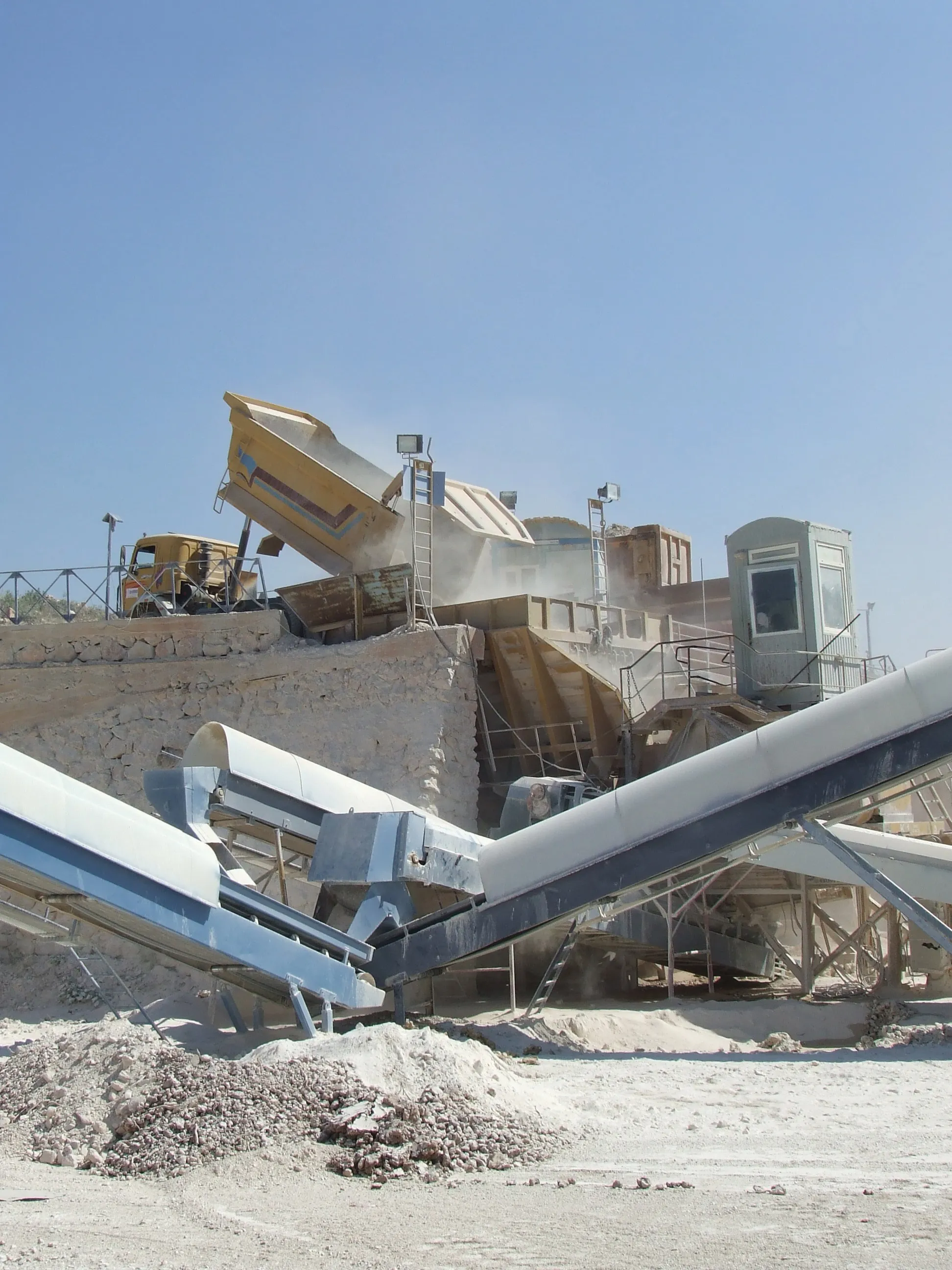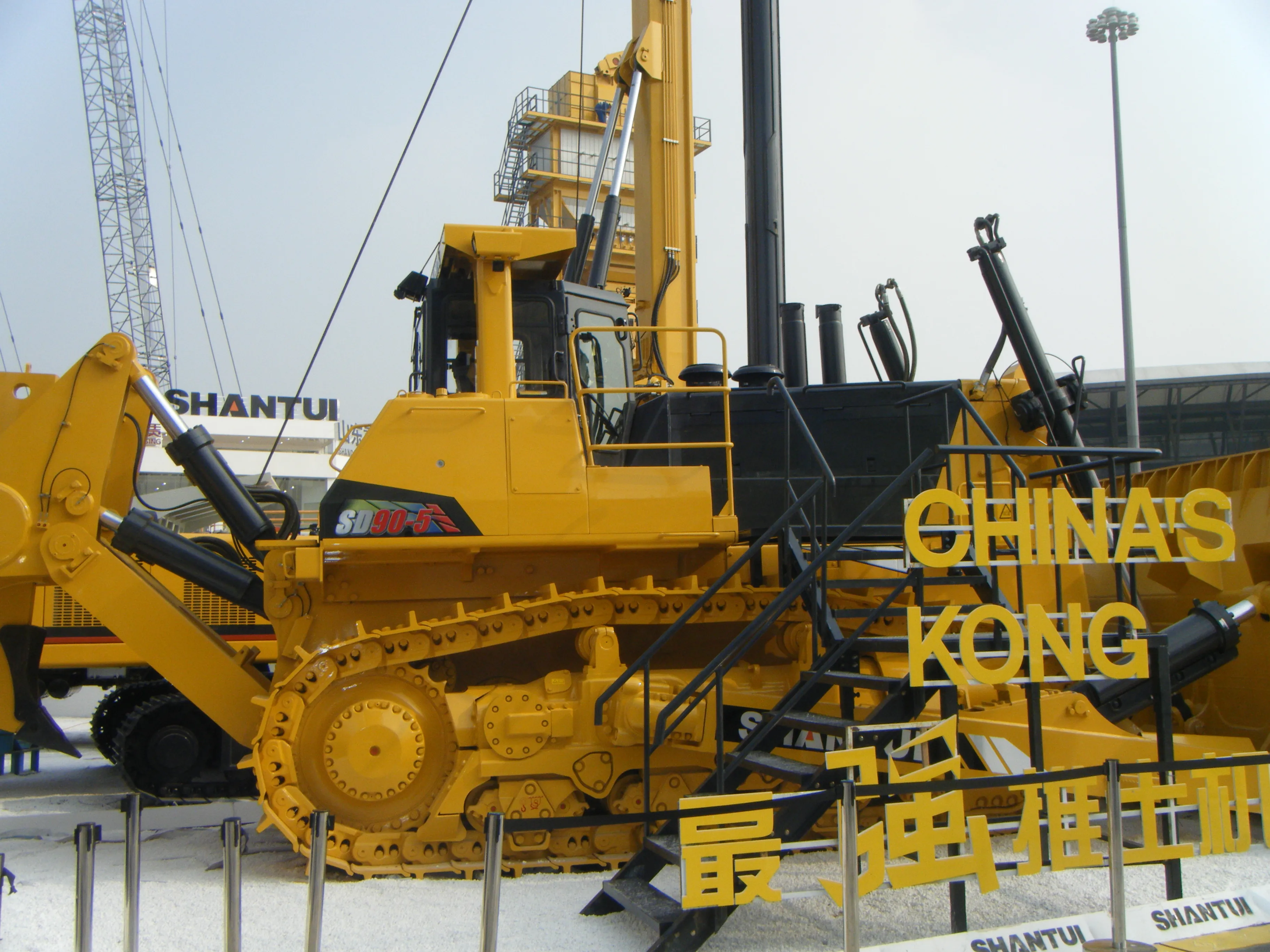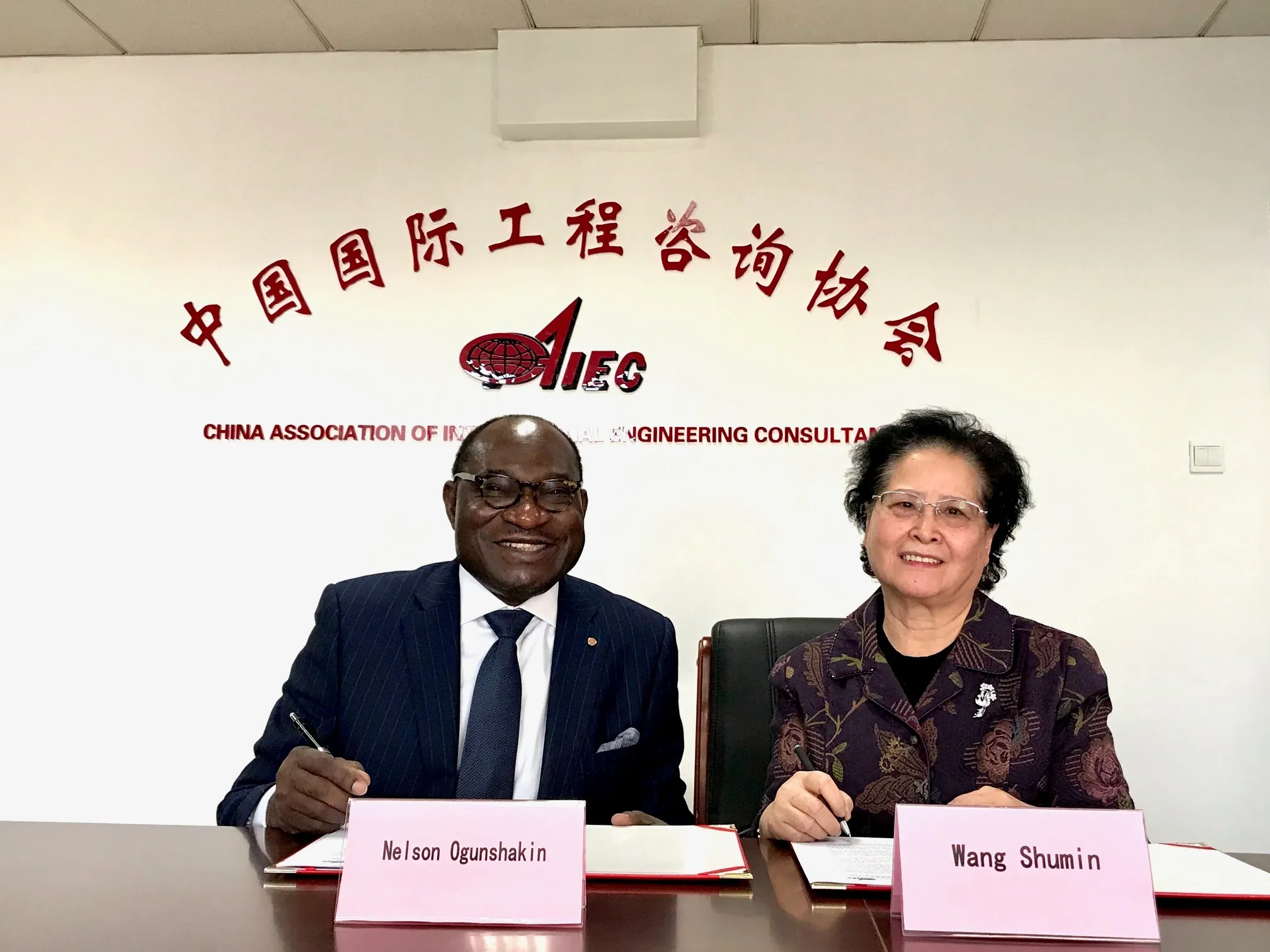Italian firm Astaldi is selling its stake in a major Turkish bridge link.
By MJ Woof
February 21, 2020
Read time: 1 min

The Italian civil engineering firm Astaldi is selling its stake in the concession for the Third Bosporus Bridge. The company has agreed the deal for its share of the important bridge link with its Turkish partner ICTAS.
Under the terms of the deal, Astaldi will benefit to the tune of US$215 million. The financial agreement should be completed by late 2023. Meanwhile ICTAS is in discussions for the sale of the whole concession package for the bridge. A group of Chinese firms is looking to take over the concession for the link. ICTAS is the leading partner for the bridge at present with 80% of the holding, while Astaldi holds the remaining 20%.








